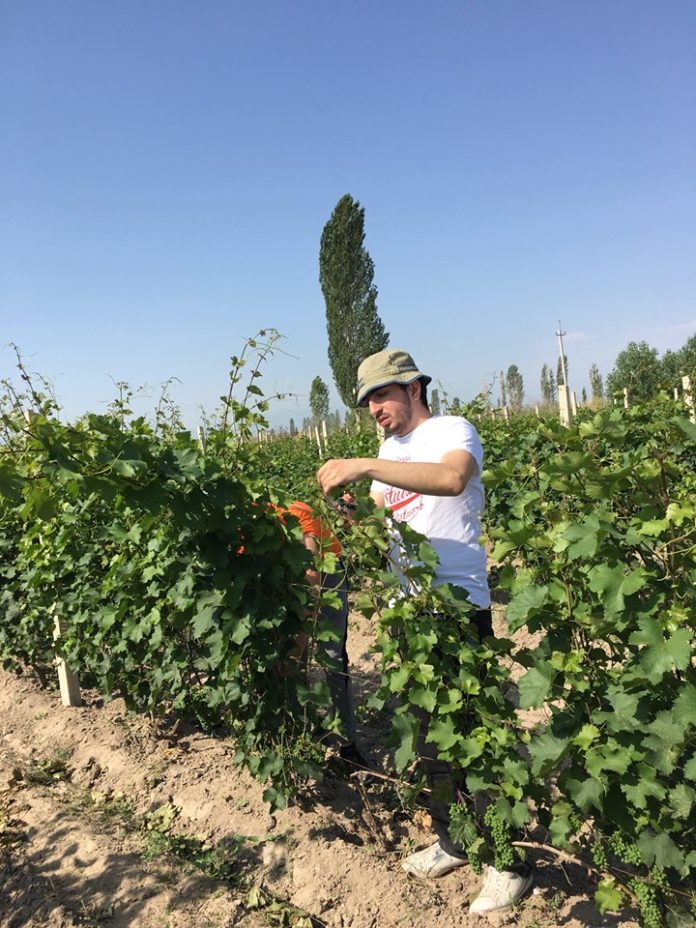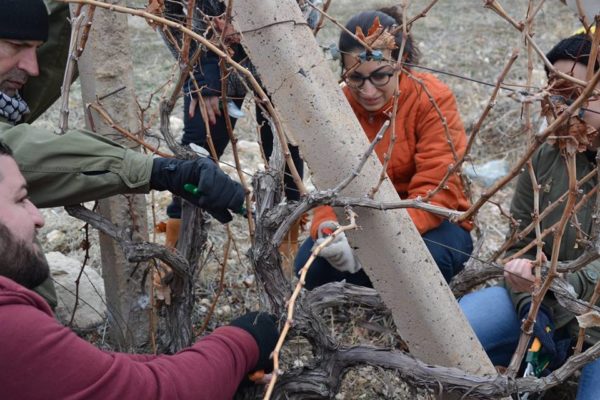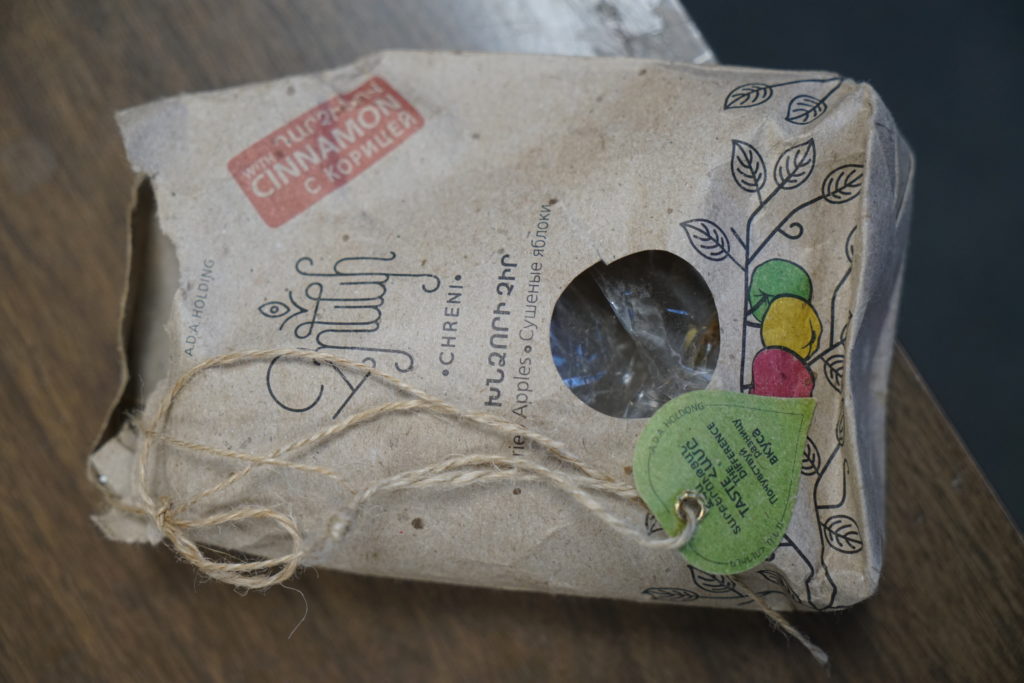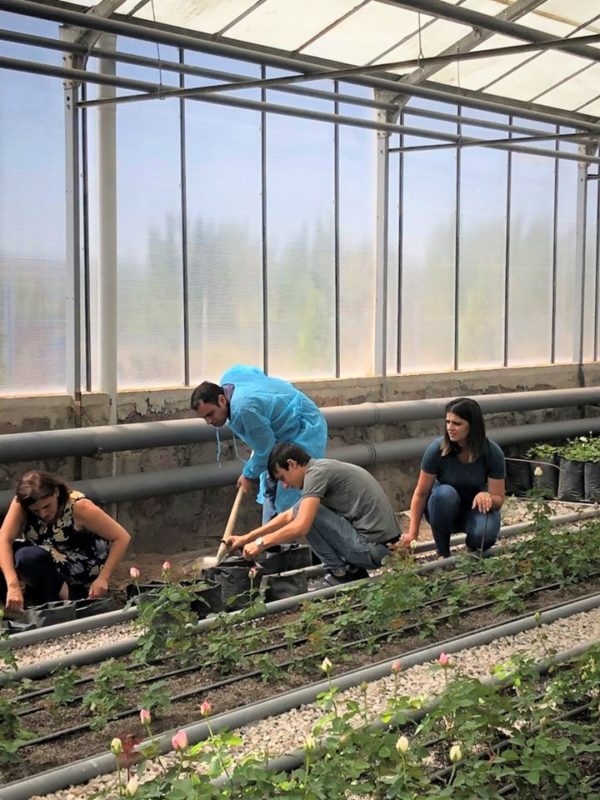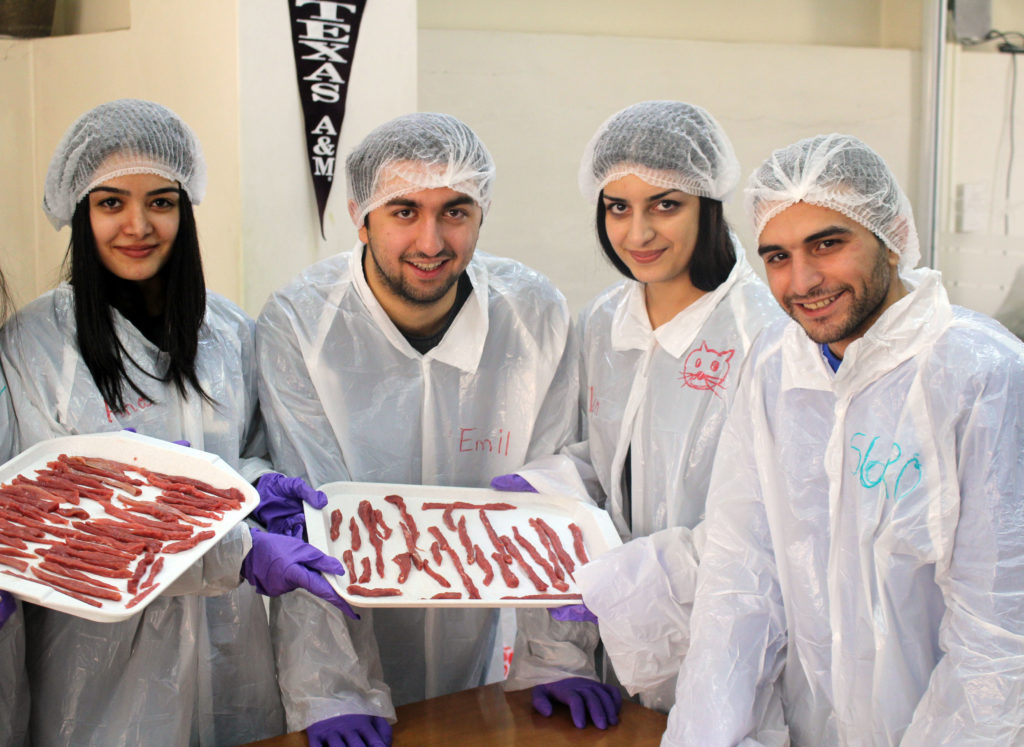WATERTOWN — International Center for Agribusiness Research and Education (ICARE) director Arthur Grigoryan was in the United States recently, during July, on a fundraising trip. ICARE (http://icare.am/), he explained, has expanded greatly since its establishment in 2005 from education in agribusiness and marketing to encompass training in wine production, greenhouse crop production and soon, an ecofarm. It also conducts various types of research, going as far afield as aquaculture.
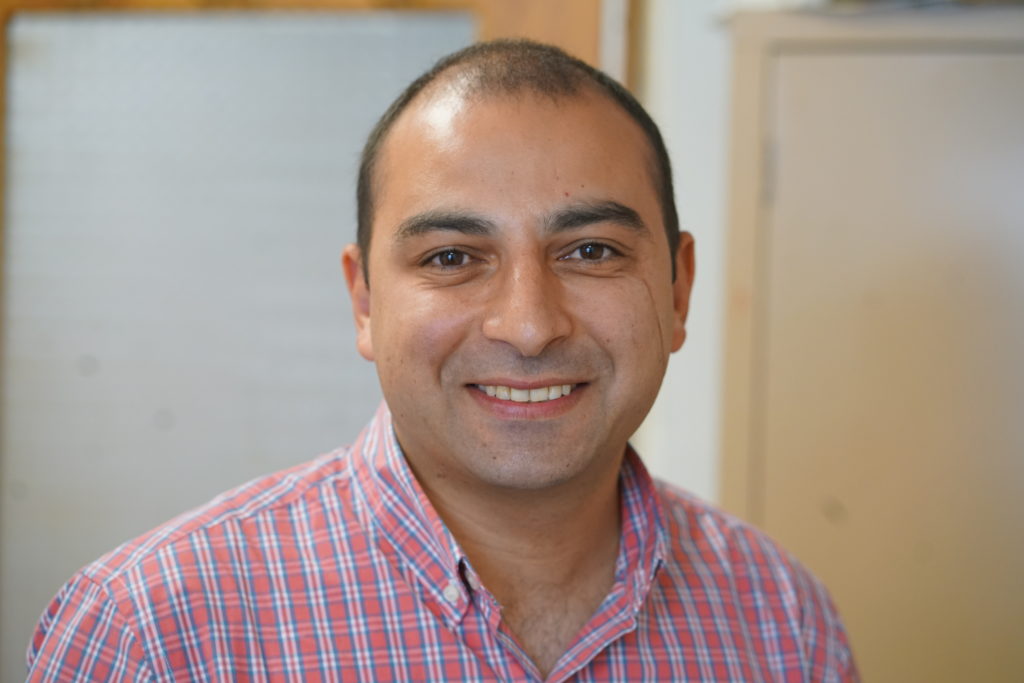
It all began as a joint project with Texas A&M University to provide a certificate program in agrobusiness and marketing in Armenia. The graduates would use their newly acquired knowledge in applied economics and business to further Armenia’s food and agriculture production. Grigoryan said, “I am a graduate of that program too, so I grew from being a student and faculty member, to doing development at ICARE, to being a director. That program was and is very successful.”
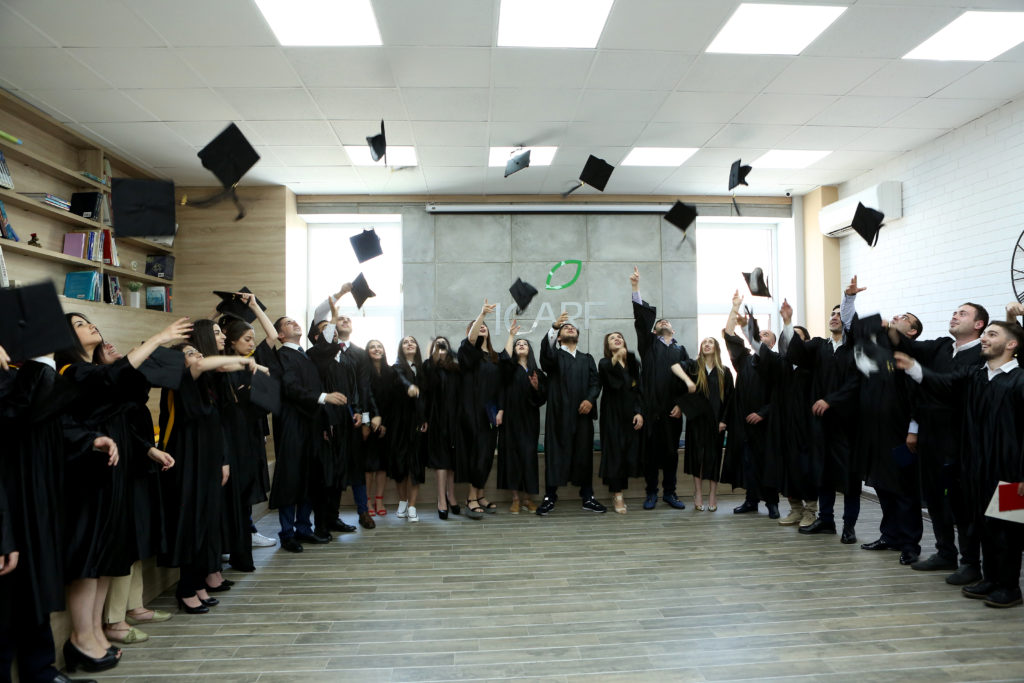
Today there are about 100 students at ICARE, and many of them are enrolled in this program. ICARE expanded, Grigoryan said, from providing education at the undergraduate level to including the master’s level. It initiated various practical certificate courses.
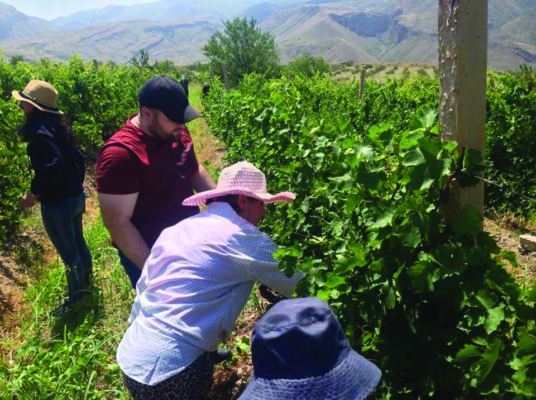
Vinification and Teaching Skills for Employment
Grigoryan said, “We realized some years ago that as the wine sector was beginning to grow in the mid-2000s, we need to prepare good winemakers, and wine businessmen and business women.” Diasporan and local Armenians were establishing modern wineries but needed winemakers with the requisite modern knowledge. These were not available locally so they had to bring them from France, Italy and elsewhere, which was very expensive. Instead, ICARE founded EVN (like Yerevan’s airport code) Wine Academy, which by now has 60 graduates.
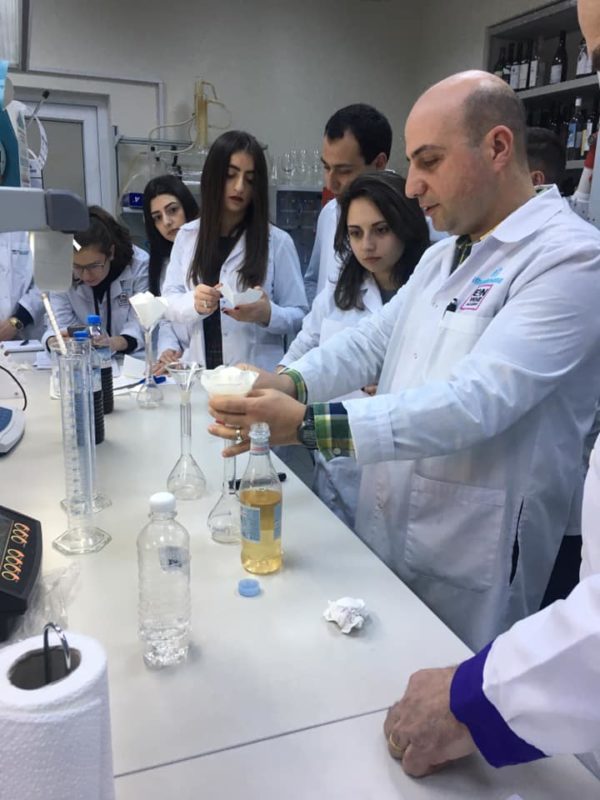
Three of them, Grigoryan said, have established their own wineries, including one called Alluria (http://alluria.wine/). He said, “I am especially proud of it because it produces non-mainstream wines. It is something similar to biodynamic — it is not really biodynamic but it is wild fermentation. Alluria is trying to move towards wild dynamic wine production.”



